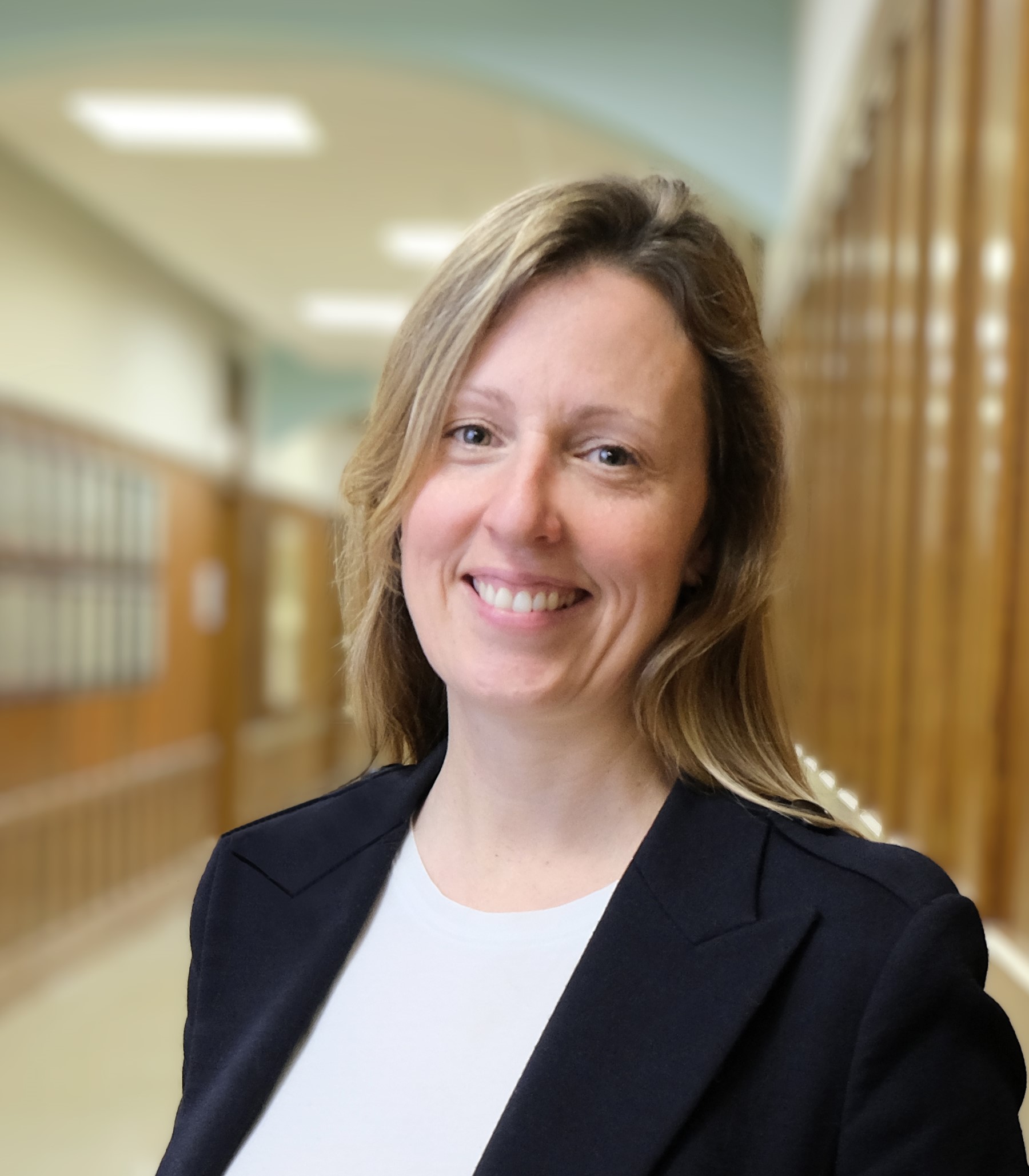
What are the fellowships?
The Durham Collections Fellowships scheme is delighted to invite applications from researchers for Visiting Fellowships of one month in duration.
The aim of the Durham Collections Fellowships is to enable and foster research across the historic collections of Durham, notably Palace Green Library, the Museum of Archaeology, the Oriental Museum, the Library of Ushaw Historic House, Chapels and Gardens (formerly Ushaw College, the former Roman Catholic seminary just outside the City), and the medieval Priory Library and the archives and object collections of Durham Cathedral. The resources available to scholars include not only libraries and archives, but also collections of visual and material culture, and architectural assets. The purpose of the Visiting Fellowships is to support research into these globally significant collections.
Durham University would like to express our sincere thanks to Graham and Joanna Barker, Chris and Margaret Lendrum, and Peter and Tina Holland, for their generous support of fellowship schemes at Durham Collections Fellowships.

Named fellowships

The Barker Visiting Fellowships
The Barker Visiting Fellowships are intended to support research into any of the collections held in Durham and there are a number of Lendrum Priory Library Fellowships available specifically to support work on the surviving contents of Durham Cathedral ‘s medieval priory library.
This collection has been the focus of a large-scale digitisation project, Durham Priory Library Recreated.
Fellows will be encouraged to work collaboratively with academic subject specialists, librarians, archivists and curators to realise the collections ‘ research potential, and to develop innovative research agendas. They will also be encouraged to participate in the life of the University, particularly its broad range of seminar series.
All Fellowships
Holland Visiting Fellowship
24 Fellows
Lendrum Priory Visiting Fellowship
15 Fellows
Barker Visiting Fellowship
37 Fellows
DRRL Visiting Fellowship
21 Fellows
PhD Bursary
4 Fellows
Thoits Visiting Fellowship
1 Fellow
Other research fellowships

The Spanish Gallery Collection research fellowships
Two fellowships are available to undertake research into the collection of the Spanish Gallery in Bishop Auckland.
The fellowships are affiliated with the Zurbarán Centre and Durham Collections Fellowships. Generously funded by the Centro de Estudios Europa Hispánica (CEEH), each fellowship includes a monthly stipend of £2,100. An allowance for research-related travel will be available on request. The fellows will be part of the University‘s research community and have privileged access to the Spanish Gallery.








